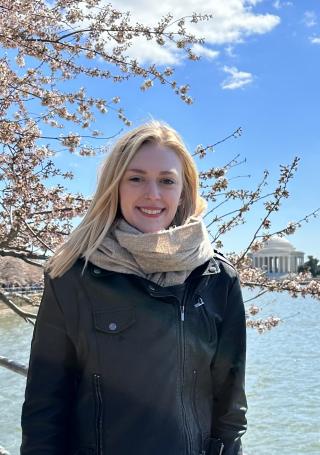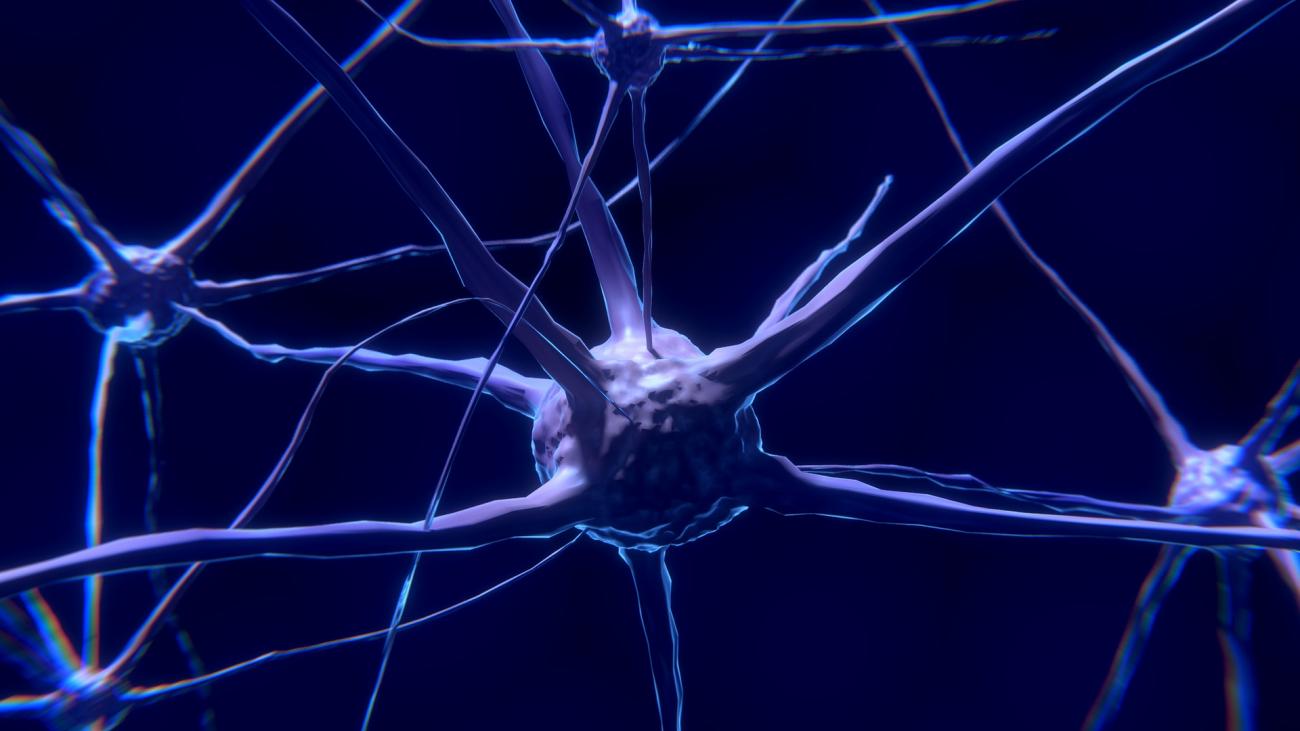Sarah earned her BS in Psychology from Texas A&M University and during her time there worked with Dr. Stephen Maren on a rat model of active avoidance. Her research demonstrated that avoidance is context dependent and that contextual learning is mediated by the ventral hippocampus. These findings are important to numerous psychiatric disorders, including anxiety and trauma disorders, which inspired Sarah to continue investigating similar topics in affective neuroscience. After graduation, Sarah accepted a post-baccalaureate research position at the National Institute on Alcohol Abuse and Alcoholism (NIAAA) in the lab of Dr. Andrew Holmes. While in the lab, she explored important questions related to the neurobiology of risky decision- making using transgenic mice on a risky reward task. Sarah found that nuclei within cortico-limbic-striatal circuitry, including the basolateral amygdala and nucleus accumbens shell, are required for adaptive decision-making during risky reward seeking. Excited to continue researching decision making in an addiction lens, Sarah joined the Roesch lab as a graduate student. Sarah is using a variety of decision- making tasks for rodent models to investigate the neural mechanisms of action selection via single unit recordings. She is also interested in how brain areas like the nucleus accumbens and anterior cingulate cortex are modulated by addiction, and possible rescue effects for impaired decision-making phenotypes that are common in addictive disorders. When she’s not in the lab, Sarah enjoys exploring DC restaurants, coddling her cat, reading, and hiking.
Degrees
-
BSPsychology
-
Research
- decision making
- addiction
- electrophysiology
- optogenetics
- epigenetics




